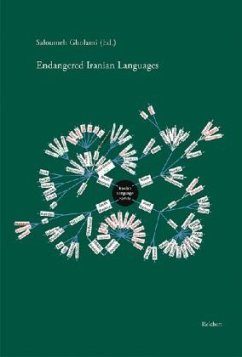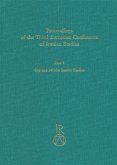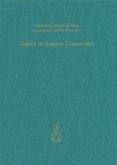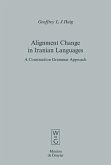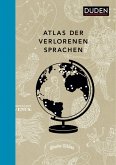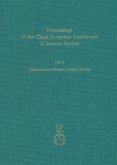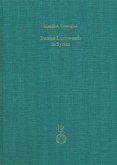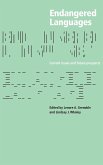Many languages that are spoken today in Iran will fall silent in the near future. A large number of these languages and dialects have never been recorded or described. Many are at risk of falling out of use as their speakers die or members of younger generations shift to speaking different languages. The speed of these developments has increased dramatically over the past century. Furthermore, since language is closely linked to culture, when a community loses its language, it also loses a great deal of its cultural heritage and early history, including traditions of ceremonies, rituals, myths, poetry, songs, humor, habits, and oratory. These traditions and cultural habits are frequently replaced by the habits of the dominant community.
This edited volume brings together work by theoretical linguists and field linguists who share a strong commitment to the scientific documentation and investigation of endangered Iranian languages. five chapters of this volume represent the contributors' findings on endangered Iranian languages and dialects found both inside Iran as well as in other countries. Their work deals with a variety of topics, ranging from documentation methods to aspects of philology, morphology, phonology, syntax, and dialectology.
Hinweis: Dieser Artikel kann nur an eine deutsche Lieferadresse ausgeliefert werden.
This edited volume brings together work by theoretical linguists and field linguists who share a strong commitment to the scientific documentation and investigation of endangered Iranian languages. five chapters of this volume represent the contributors' findings on endangered Iranian languages and dialects found both inside Iran as well as in other countries. Their work deals with a variety of topics, ranging from documentation methods to aspects of philology, morphology, phonology, syntax, and dialectology.
Hinweis: Dieser Artikel kann nur an eine deutsche Lieferadresse ausgeliefert werden.

